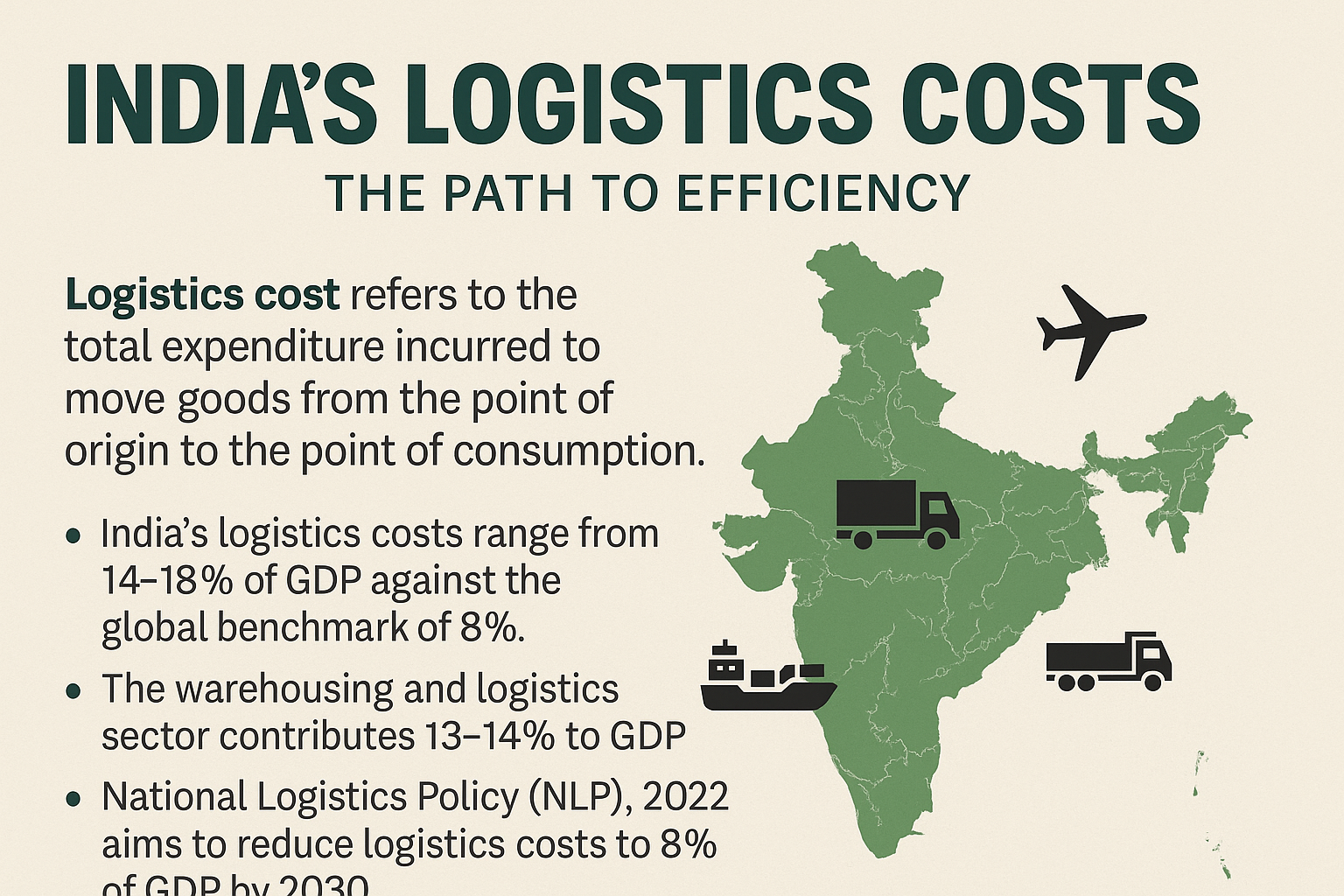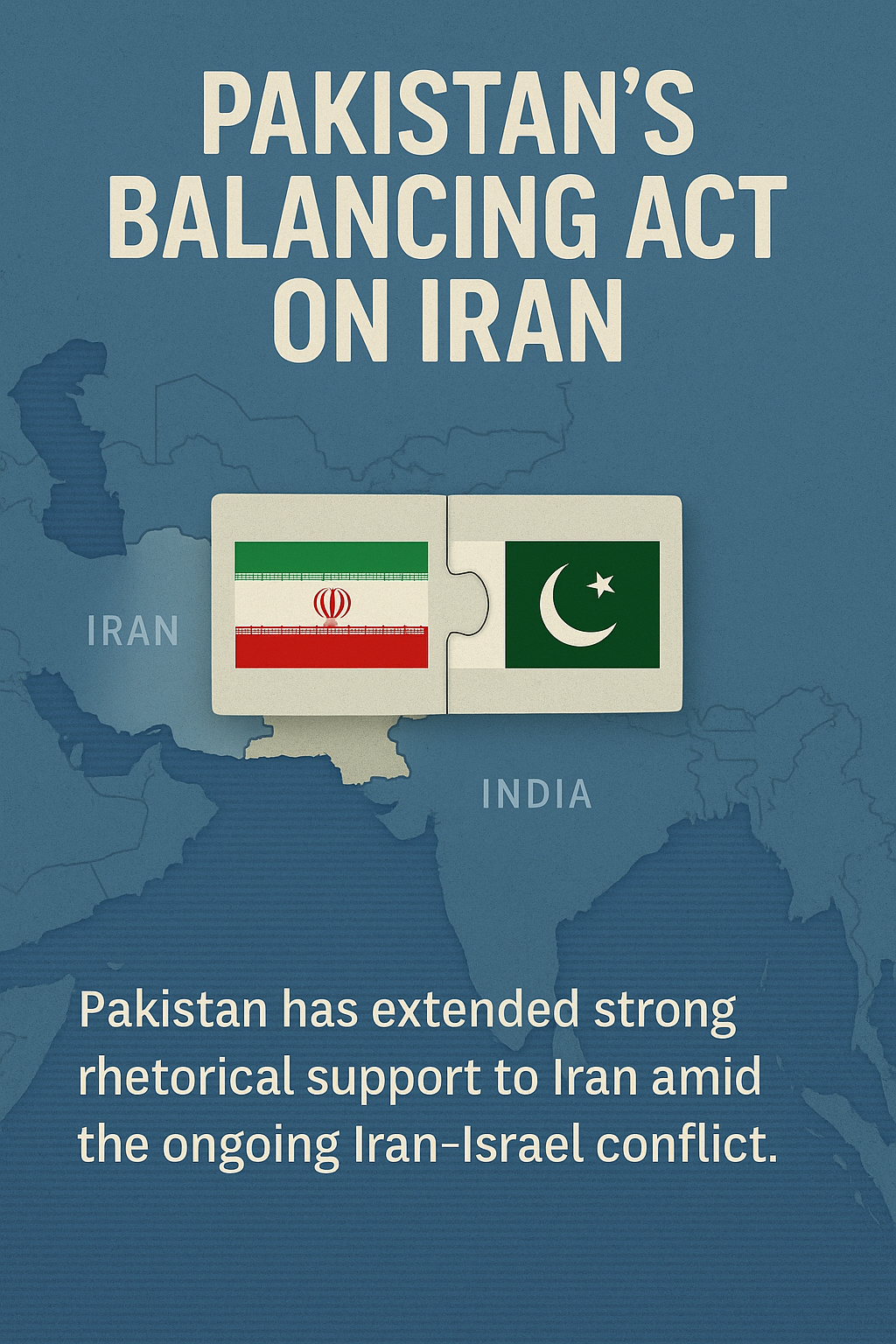127.
⚖️
Karnataka High Court • Electricity Act 2003 • Green Energy Open Access • Centre–State Jurisdiction
Karnataka HC Strikes Down GEOA Rules: A Landmark Case on Centre–State Powers in Electricity Regulation
In a significant judgement, the Karnataka High Court has struck down the Electricity (Promoting Renewable Energy Through Green Energy Open Access) Rules, 2022 (GEOA Rules) and the related Karnataka Regulatory Commission Regulations, 2022. The ruling in the Brindavan Hydropower Private Limited Case (2024) highlights crucial constitutional issues regarding Centre–State powers in electricity governance.
⚡ Background of the Case
Petitioners’ Argument:
- Hydropower firms contended that the GEOA Rules infringed on the powers of the Karnataka Electricity Regulatory Commission (KERC) under:
- Section 42(2) – on regulating open access
- Section 181 – on making rules in line with the Electricity Act, 2003
Centre’s Defence:
- Argued its authority under:
- Entry 14 (Union List) – electricity
- Entry 38 (Concurrent List) – powers shared with states
- Section 176(1) – enabling rulemaking for implementation of the Act
- Justified the rules as necessary for fulfilling international commitments, including COP26 pledges
🏛️ The Court’s Verdict
- The Centre cannot override the federal framework laid out in the Electricity Act, 2003
- Section 176(2) cannot be used as a catch-all clause to interfere in state regulatory matters
- The GEOA Rules were deemed infringing upon state commissions’ autonomy under the Act
📘 Relevant Provisions of the Electricity Act, 2003
| Section | Purpose |
|---|---|
| 42(2) | State Commissions regulate open access for electricity distribution |
| 181 | State Commissions can frame regulations under the Act |
| 176(1) | Centre can make rules to implement the Act |
| 176(2) | Applies to specified Central functions, not state jurisdiction |
🌱 What Were the GEOA Rules, 2022?
The Green Energy Open Access (GEOA) Rules were notified to promote clean energy access by:
- Reducing the open access threshold from 1 MW to 100 kW
- Allowing all consumers to demand green power from DISCOMs
- Creating a uniform Renewable Purchase Obligation (RPO) system
- Providing green certificates and surcharge reductions
- Promoting green hydrogen, ammonia, and waste-to-energy sources
🧩 National Climate Commitments (COP26, 2021)
India pledged to:
- Reach net-zero carbon emissions by 2070
- Build 500 GW of non-fossil fuel capacity by 2030
- Derive 50% of power from renewable sources by 2030
- Cut carbon emissions by 1 billion tonnes by 2030
- Reduce carbon intensity by 45% compared to 2005 levels by 2030
🏗️ Committees on Power Sector Reforms
- Deepak Parekh Committee (2008): Financing for power projects
- Ashok Chawla Committee (2011): Resource allocation for power generation
- Kirit Parikh Committee (2022): Fuel pricing reforms and rationalisation
⚖️ Constitutional Significance
This judgment:
- Reinforces federalism in the electricity sector
- Clarifies the limited scope of Central rulemaking
- Affirms the autonomy of State Regulatory Commissions
- Sets a precedent for future disputes on Centre–State jurisdiction under concurrent subjects















